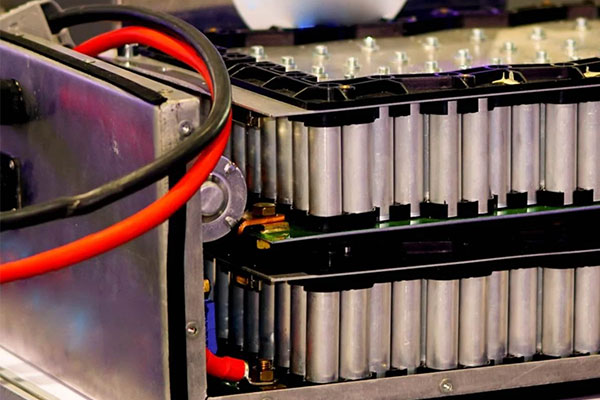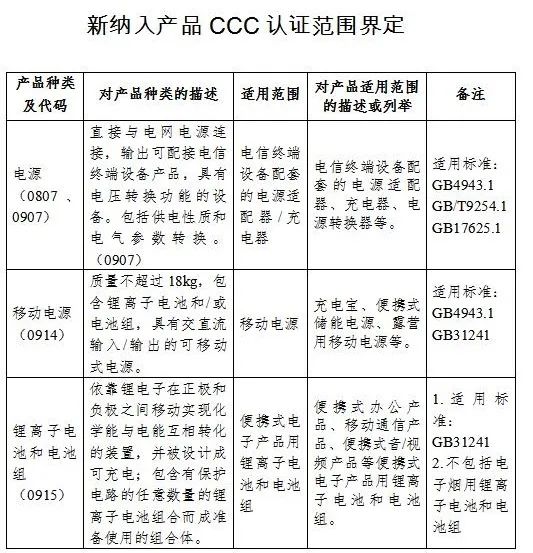Starting from August 1, 2024, China will implement compulsory product certification (3C certification) for lithium-ion batteries. According to the Announcement of the State Administration for Market Regulation on the Implementation of Compulsory Product Certification Management for Lithium-ion Batteries and Other Products (No. 10 of 2023), this new regulation will have a significant impact on manufacturers, importers and sellers, especially those who rely onLithium batteryThe move is intended to improve product safety and quality, protect consumer rights, and promote a healthy and orderly market environment.

I. Overview of 3C Certification
1. Certification Background
3C certification, or China Compulsory Product Certification System, is a product conformity assessment system implemented by the Chinese government to protect people's lives, protect the environment, and maintain national security. This system requires that all products included in the certification catalog must pass a specific certification procedure before leaving the factory, being sold, imported, or used.
(II) Lithium battery 3C certification standards
The 3C certification standard for lithium batteries is mainly based on GB31241 "Safety Technical Specifications for Lithium-ion Batteries and Battery Packs for Portable Electronic Products", covering multiple fields from portable office products to communication products to audio/video products.
II. Lithium-ion battery 3C certification requirements
(I) Scope of application
Suitable for lithium batteries used in mobile electronic products that are intended to be frequently carried by users, including but not limited to laptop computers, mobile phones, portable speakers, etc.

(II) Certification process
The certification process includes submitting a certification application, providing necessary documents and information, sample testing, factory inspection, and maintaining certification status. In particular, key documents such as the test application form, battery specification, and factory quality assurance capability self-assessment report are the basis for assessing whether a product meets the standards.
(III) Customs supervision
Customs will supervise lithium battery products based on the 3C certification mark. Products without 3C certification will not be allowed to leave the factory, be sold, imported or used in other business activities.
III. Impact of implementation and corporate responses
1. Industry impact
The implementation of the 3C certification requirements will prompt manufacturers of lithium batteries and related portable electronic products to strengthen product safety performance and improve production standards, but it may also lead to some cost increases and market adjustments.
2. Enterprise response strategies
1. Product testing and certification: EnterpriseProduct testing and 3C certification application should be arranged as early as possible to avoid affecting product launch and sales plans.
2. Quality control:Strengthen quality control of product design and production processes to ensure that products meet the requirements of GB31241 standards.
3. Supply Chain Management:Collaborate with suppliers to ensure that all purchased lithium battery components and materials meet 3C certification requirements.
4. Information update and training:Keep updating and interpreting 3C certification policies, and strengthen employee training on new standards and certification requirements.
The implementation of the 3C mandatory certification for lithium-ion batteries marks an important step for China in improving the safety of electronic products. Although this may bring certain challenges to related companies, in the long run, it will help improve product quality, protect consumer interests, and promote the healthy and sustainable development of the industry. Companies should actively respond and prepare in advance to ensure a smooth transition and seize market opportunities.


 Follow customer service WeChat
Follow customer service WeChat